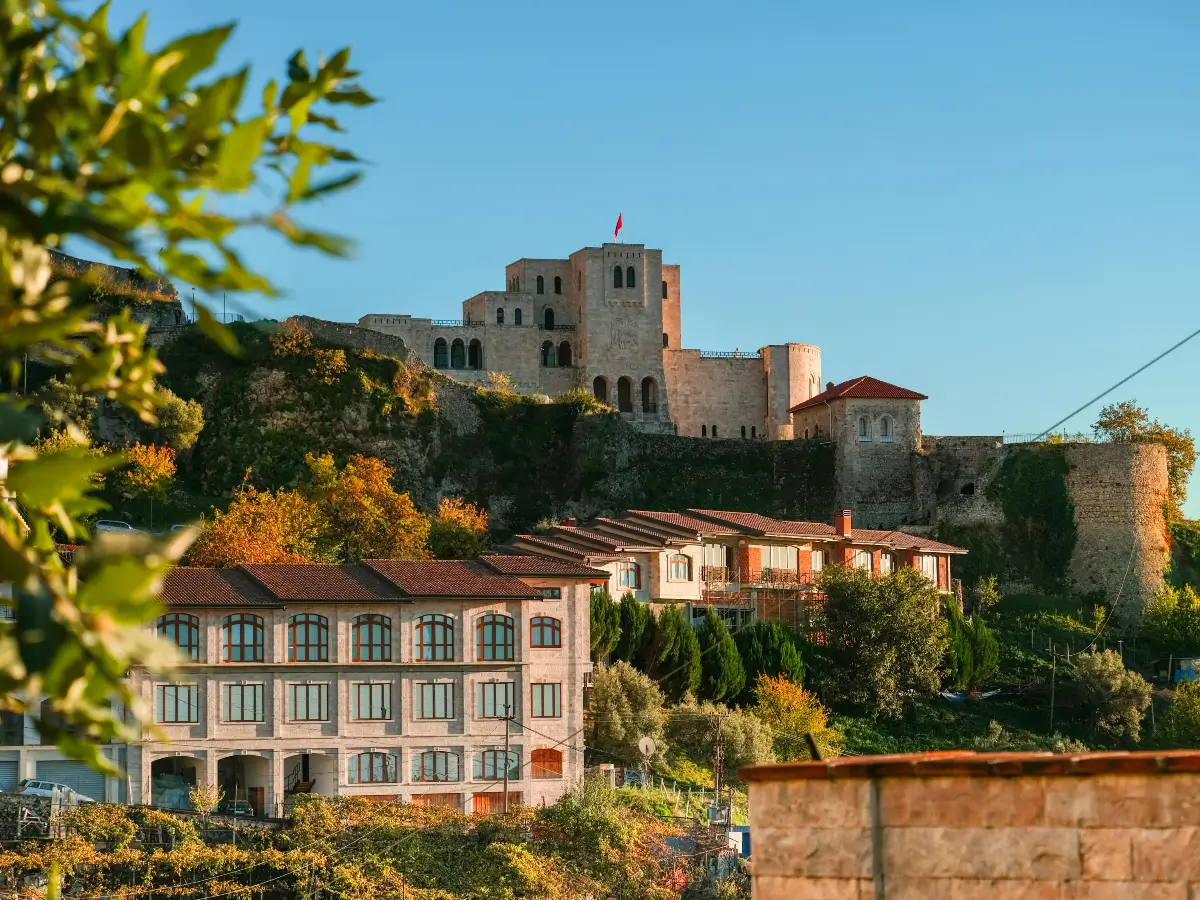In Albania, hospitality isn’t just good manners — it’s a way of life. Known across the Balkans and beyond, Albanians have a powerful cultural tradition of treating guests with respect, generosity, and protection. This deep-rooted custom continues to surprise travelers, impress foreigners, and bind communities together in ways that go far beyond simple politeness.
But where does this reputation come from? And why is hospitality still such a vital part of Albanian identity today?

It begins with ancient traditions of honor
The roots of Albanian hospitality go back centuries, tied to the unwritten highland code of honor known as the Kanun. This traditional set of laws, especially strong in the mountainous regions of northern Albania, emphasized the duty to protect and care for guests — even strangers — at all costs.
According to the Kanun:
-
A guest in your home is under your protection, even from enemies
-
Refusing hospitality was considered shameful and dishonorable
-
Offering food, shelter, and safety was a sacred obligation
-
A host could be punished socially or even violently for mistreating a guest
Although the Kanun is no longer followed in daily legal life, its core values have remained deeply embedded in Albanian culture, especially in rural areas.
Hospitality during hard times
Albanians have a long history of enduring hardship — from Ottoman rule to communist isolation, economic struggles, and political unrest. But these experiences never stopped people from offering what little they had to others.
Even in times of poverty, families made room at the table for unexpected visitors. Coffee, bread, and a seat by the fire were always offered. It became a point of pride to treat a guest well, even when resources were limited. This mentality is still visible today, especially outside the big cities, where generosity is instinctive and sincere.
Modern hospitality that still feels personal
What makes Albanian hospitality different from ordinary friendliness is how personal it feels. Visitors — especially foreigners — often describe being welcomed like family. Locals will go out of their way to help, explain, offer directions, or even invite strangers into their homes for meals or coffee. This is not just a performance for tourists. It is a reflection of how Albanians see their role in the community.

You’re not treated like a customer or a burden. You’re treated like someone worth knowing.
Where hospitality still thrives today
While generosity is common across the country, it’s especially strong in certain regions and settings:
-
Rural villages in the north and southeast, where cultural traditions remain strong
-
Family-run guesthouses, where hosts often cook for guests and sit down to eat with them
-
Mountain regions like Theth or Valbona, where travelers often depend on local help
-
Small towns, where even a short conversation can turn into an invitation for coffee
-
Religious holidays and weddings, where sharing food is a central part of celebration
In cities like Tirana and Durrës, hospitality is becoming more modern and urban, but the deeper values are still visible — especially in how quickly people offer help or guidance.
It’s more than tradition — it’s identity
For many Albanians, hospitality is more than an inherited value. It’s a reflection of pride, strength, and national character. It sets Albania apart in the eyes of visitors, and it remains one of the country’s most admired cultural traits.
It’s also why Albania continues to attract not just tourists, but long-term residents and foreign investors. People feel welcomed here. And in a world that’s becoming increasingly transactional, that kind of genuine openness is rare.